“Hoard food and it rots. Hoard money and you rot. Hoard power and the nation rots.”
— Chuck Palahniuk
“Wealth among traditional people is measured by having enough to give away.”
— Robin Wall Kimmerer
“If a man has an apartment stacked to the ceiling with newspapers, we call him crazy. If a woman has a trailer house full of cats, we call her nuts. But when people pathologically hoard so much cash that they impoverish the entire nation, we put them on the cover of Fortune magazine and pretend that they are role models.”
— Lester B. Pearson
“Earth provides enough to satisfy every man’s need, but not every man’s greed.”
— Mahatma Gandhi
“He could end world hunger. Instead, he chooses to starve children.”
— A hand-made sign at a recent protest
- In 2024, total billionaire wealth increased by $2 trillion (source), and some billionaires are on track to become trillionaires in coming years. Over the last decade+, there has been a growing concentration of wealth at the very top, particularly among the top 1% (source).
- Note: A billion is 1,000 times more than a million (i.e., it takes 1,000 millions to make a billion). And a trillion is 1,000 billions…
- In 2023, the average CEO-to-worker pay ratio for S&P 500 companies was 268-to-1, meaning CEOs earned 268 times more than the average worker, a significant increase from the 1960s when the ratio was around 21-to-1. It would take more than five career lifetimes for workers to earn what CEOs receive in just one year. (source)
- Billionaires often make the equivalent of many millions of dollars per hour in earnings (including stock investments).
- While millionaires and billionaires’ wealth has skyrocketed in recent decades, and the cost of living (including housing cost) has gone up, the U.S. federal minimum wage has stayed at $7.25 per hour since 2009; that is now a poverty wage. A full-time minimum wage worker makes only about $15,000 per year, which was the federal poverty line in 2024. If that person has even one other person/child to support, they are living well below the poverty line and cannot meet their basic needs on that wage. (Some states have passed higher minimum wages. In California, the minimum wage is currently $16.50/hour, as of 2025. That is still not an adequate, living wage in California. Per MIT’s Living Wage Calculator, a single California adult with no one else in their household would need an average $18.66 per hour to meet their basic needs.)
-
In 2022, the living wage (the wage needed to meet basic budgetary needs, such as housing, food, childcare, and transportation, plus taxes) for one worker in a family of two full-time working adults and two children ranged between $18.75 and $40.16 per hour, for the lowest and highest cost U.S. counties, respectively. (source)
- Billionaires contribute a million times more carbon (a greenhouse gas that causes global heating AKA climate change) to the atmosphere than the average person. 125 of the world’s richest billionaires invest so much money in polluting industries that they are responsible for emitting an average of 3 million tons of carbon a year. (source)
- The use of private jets by ultra-wealthy people (even for very short trips) has increased substantially. And studies show that private jets emit 5-14 times more carbon dioxide per passenger than commercial airplanes. Some private aircraft models emit more carbon per hour than an average person produces in a year. (source)
- While most ultra-wealthy people feel that their wealth is entirely or mostly “self-made,” in reality about 60 percent of billionaire wealth comes from one of three sources: inheritance, cronyism and corruption, or monopoly power (source). [I would guess that much of the rest of their wealth comes from legal but immoral exploitation of workers— via low, non-living wages and unsafe working conditions—and/or rampant extraction of natural resources, illegal tax evasion and/or insider trading, plus the investments and compounding interest that wealth affords, of course. And for a smaller set, their wealth could come primarily from their celebrity/fame, looks, talent, or smarts. But nobody “earns” billions or millions of dollars through only their “hard work” or their intellect.]
- In 1975, 90% of Americans shared two-thirds of all income. As of 2023, the 90% got just 45% of all income, while the richest 10% hoard the rest. The wealthiest have extracted $79 trillion from working people since 1975. In 2023 alone, workers in the bottom 90% lost $3.9 trillion to the top 10%—that amount would have gone into the paychecks of working people if income disparity was at the more reasonable level it was at after WWII. (source)
- Since the 1980s, due to regressive economic/financial/taxation/regulatory policies combined with sheer greed on the part of corporations and individuals, there has been a “reverse Robin Hood” redistribution of wealth: trillions of dollars taken from the least wealthy (the many) by the most wealthy (the few). This has turned much of the “middle class” into the “working poor” and caused much higher levels of homelessness, while the rich have become richer.
- Wealth disparity (AKA the wealth gap, economic or income inequality, or the unequal distribution of wealth) in the U.S. is now greater (i.e., worse) than it’s been since 1928, right before the 1929 stock market crash and then bank runs, which triggered the Great Depression. (source) [Current conditions and federal policies in 2025 are setting us up for another economic crash. We should be preparing for that.]
- You can find more statistics, graphics, and reports on income and wealth inequality at Inequality.org.
We will also be publishing a companion post in the next few months: Generosity vs Greed: How the Super-Wealthy Could Be Super-Heroes.
Organizations
Economic Policy / Political Groups:
- American Economic Liberties Project
- Americans for Tax Fairness
- Center on Poverty and Inequality, Stanford U.
- Coalition on Human Needs
- Economic Policy Institute
- Economic Security Project
- Goods Unite Us
- Groundwork Collaborative
- Inequality.org
- ITEP: Institute on Taxation and Economic Policy
- Living Wage Institute
- Luskin Institute on Inequality and Democracy, UCLA
- More Perfect Union
- National Priorities Project
- The Other 98%
- Partnership for Southern Equity
- Patriotic Millionaires and Great Economy Project
- Poor People’s Campaign
- Roosevelt Institute
- Public Citizen
- Social Security Works
- Take On Wall St.
- United for a Fair Economy (UFE)
- Unrig Our Economy
- Washington Center for Equitable Growth
- Working Families Party
Poverty Alleviation/Aid/Assistance:
- Debt Collective
- DirectRelief
- Dollar For (relief from hospital bills/medical debt)
- First Five Years Fund
- No Kid Hungry
- Meals on Wheels
- Undue Medical Debt
- United Way
- International:
- Direct Relief
- FINCA International
- GiveDirectly
- Kiva
- Oxfam
- Trocaire
Housing and Homelessness:
- Eviction Lab
- Habitat for Humanity
- Invisible People
- National Alliance to End Homelessness
- National Coalition for the Homeless
- National Coalition for Housing Justice
- National Low-Income Housing Coalition (NLIHC)
- Operation Tiny Home
Labor Rights:
- BlueGreen Alliance
- Fight for a Union
- Jobs to Move America
- Labor Network for Sustainability
- National Labor Relations Board
- One Fair Wage
- United for Respect
- AFGE
- AFL-CIO
- AFSCME
- Amazon Labor Union
- IBEW
- NALC
- NEA / AFT
- National Domestic Workers Alliance
- SEIU
- UFCW
- Unite Here!
- UAW
- UFW
Affordable/Universal Healthcare:
- Be A Hero
- Committee to Protect Healthcare
- Dollar For (get relief from hospital bills/medical debt)
- Health Inequality Project
- Healthcare-NOW
- Medicare for All (National Nurses United)
- One Payer States
- Paid Leave for All
- Protect Our Care
- Undue Medical Debt
- AARP Advocacy
Fair Finance and Consumer Protection:
- Americans for Financial Reform
- Americans for Financial Reform Education Fund
- Center for Responsible Lending
- Committee for Better Banks
- Consumer Financial Protection Bureau
- Credit Union National Association
- FACT Coalition: Financial Accountability and Corporate Transparency
- National Consumer Law Center (NCLC)
- Student Borrower Protection Center (SBPC) + Student Debt Crisis Center (SDCC)
- World Council of Credit Unions
Responsible Wealth / Shared Prosperity / Genuine Philanthropy:
- The Giving Pledge
- Lever for Change
- Patriotic Millionaires
- Resource Generation
- Also read about: Trust-based philanthropy, No-Strings philanthropy, Open Call philanthropy, Community (AKA “community-led” or “community-based”) philanthropy, and Direct philanthropy or direct cash/direct giving approaches (a few direct giving orgs are listed in the Poverty Alleviation section, above).
- We will be publishing a companion post in the next few months: Generosity vs Greed: How the Super-Wealthy Could Be Super-Heroes. Also, we offer strategic advising services to individuals, foundations, or philanthropic organizations who would like guidance in identifying important groups and programs to fund.
New Economics & Ecological Economics:
- CASSE: Center for the Advancement of a Steady State Economy
- Doughnut Economics Action Lab (DEAL)
- Economics in Context Initiative, Boston University
- Evonomics: The Next Evolution of Economics
- Green Economy Coalition
- International Society for Ecological Economics (ISEE)
- New Economy Coalition
- Post Growth Institute
- United States Society for Ecological Economics (USSEE)
- Note: We will publish a post about ecological economics in the future.
Universal Basic Income (UBI):
- Basic Income Earth Network (BIEN)
- Fund for Humanity
- Income Movement
- Mayors for AGI
- Stanford Basic Income Lab
- UBI Center
Related Media/Articles/Resources
- Inequality.org
- Inequality Media Civic Action
- MorePerfectUnion
- The Other 98%
- Payday Report
- Pitchfork Economics podcast
- Resilience.org: Economy section
- Talk Poverty
- Goods Unite Us
- “Top 5 reasons billionaires are bad for the economy,” Oxfam, 2025
- “Disney heiress says any billionaire who can’t manage to share their wealth is ‘kind of a sociopath,'” Fortune, 2025
- “Billionaires Should Not Exist—Here’s Why,” Teen Vogue
- Books: The Serviceberry: Abundance and Reciprocity in the Natural World, by Robin Wall Kimmerer (re. “gift economies”); The Case for a Maximum Wage, by Sam Pizzigati
Some people to follow online: Robert Reich, Rev. Dr. William Barber, Rev. Dr. Liz Theoharis, Elizabeth Warren, Alexandria Ocasio-Cortez (AOC), Bernie Sanders; Kate Raworth, Gabriel Zucman, Nick Hanauer, Jason Hickel, Wendell Potter, Rutger Bregman, Joseph Stiglitz, Claudia Sahm, Kathryn Ann Edwards, Ai-jen Poo, Mike Elk, Liz Shuler, Katie Porter, Matthias Schmelzer, Abigail Disney, and Melinda French Gates.
Related Posts:
Green Business, Corporate Social Responsibility, and Ethical Finance Resources
Fossil-Fuel Divestment and Future-Friendly Investments
NOTE: We’ll be publishing a companion post in the next few months: Generosity vs Greed: How the Super-Wealthy Could Be Super-Heroes. And we offer strategic advising services to individuals, foundations, or philanthropic organizations who would like guidance in identifying important groups and programs to fund.








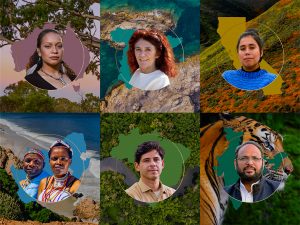
 This is a listing of some legal organizations that I recommend following, learning more about, and potentially supporting. They all use the law to try to serve and support the common good in various ways: to protect humans and human rights, civil rights, and civil liberties; to protect animals and the rights of non-human species; and/or to protect nature, our shared environment, and the livability of our planet.
This is a listing of some legal organizations that I recommend following, learning more about, and potentially supporting. They all use the law to try to serve and support the common good in various ways: to protect humans and human rights, civil rights, and civil liberties; to protect animals and the rights of non-human species; and/or to protect nature, our shared environment, and the livability of our planet.

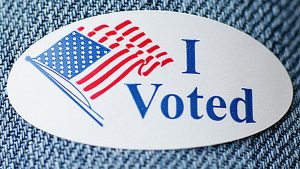

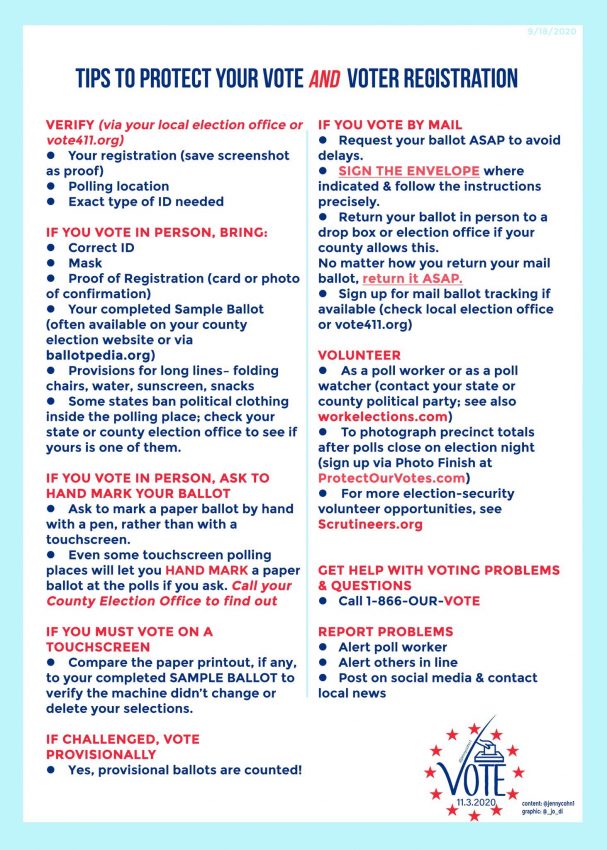
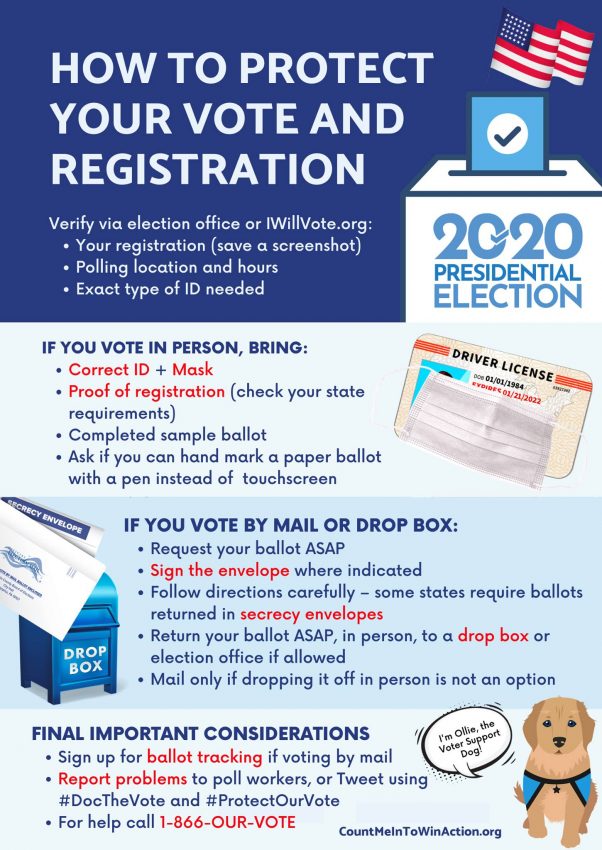

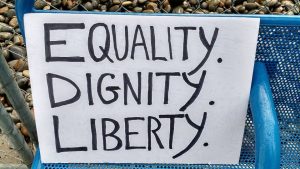 I recommend giving some real thought to your own values and priorities (and desired legacy), and sharing your own mini-manifesto or values/mission statement with others.
I recommend giving some real thought to your own values and priorities (and desired legacy), and sharing your own mini-manifesto or values/mission statement with others.